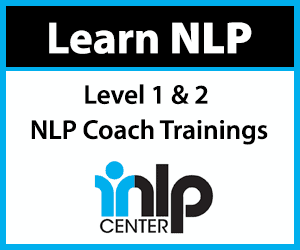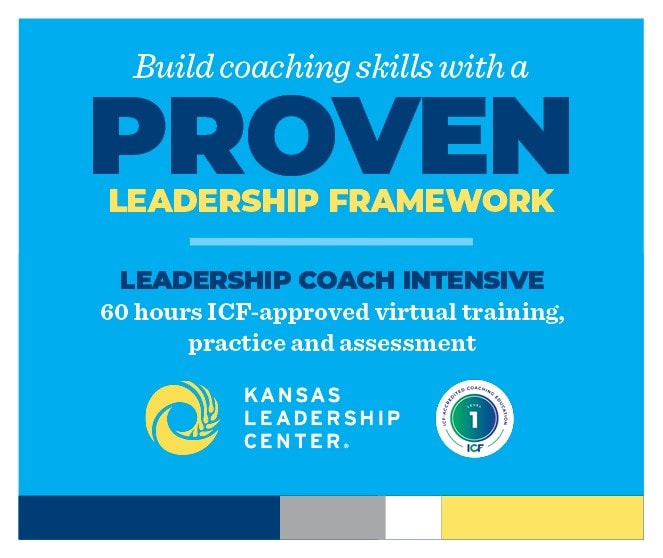You’re a coach who’s been told that you should be blogging. You’ve added a blog to your website, or maybe you’re considering adding one. But what are you going to write about? What can you say that would be of interest to prospective clients and visitors?
When I first started blogging for my coaching practice eight years ago, I was clutching at straws to come up with ideas for what I could write about. I knew that there were many professional coaches who were successfully blogging, yet I struggled with blog topics.
There are many benefits for coaches who blog. According to Hubspot, firms that blog have 55 percent more traffic to their websites, 97 percent more inbound links and 434 percent more indexed pages, compared to those that do not. Blogging can translate to new clients as long as you have a plan. This article will help you plan seven specific topics to write about on your coaching blog.
1. How to do something
Demonstrating for your prospective clients how they can do something can be very powerful. When you provide a step-by-step guide to accomplishing a desirable feat, you can stir up great Internet traffic. Some of my most powerful blog posts have been “how to” do something step-by-step.
Here are a few coaching how-to ideas:
- How to create a self-care routine
- How to be more efficient with time
- How to create a balanced life
- How to write a vision for your successful business
- How to create a life plan
- How to hire a coach
2. Answer typical coaching questions
Your clients and prospects have questions about achieving their goals. What are those questions? Can you write a blog post series out of those questions? Within your coaching area of expertise, answer the most frequently asked questions on your blog:
- Is work-life balance achievable?
- How does one work with difficult people?
- Is it possible to be truly happy?
- I received a job offer. How do I decide if the company is in-line with my values?
- How do I plan for a financially successful business?
- What’s the best way to increase one’s personal standards?
- What limiting beliefs are holding you back in life?
3. Storytelling
Share information about you and your coaching journey. What is your point of view? What was your epiphany? Share with your audience:
- What values help you to be a balanced person?
- Share a case study (after receiving client approval and changing personal details).
- How did you become a coach?
- What lessons have you learned along the way?
4. Issues you are helping your clients with
What problems or issues have your clients run into lately? Without giving away client details, how can you turn the problem into a blog post to help other prospective clients find a solution?
- How to effectively delegate so that you can focus on your business
- What to do when you find out you’ve been passed over for a promotion
- How to plan ahead so that you’re proactive rather than reactive
5. Create lists
What are your favorite things that you can share with your readers? Lists can be a great way to parlay your blog post into additional posts and then link them all together.
- 9 life goals to build your best future
- 5 things to do on your “staycation”
- 7 reasons why I love being organized
- My favorite life planning tools
- 6 popular self-improvement websites
- The best career tools for women
6. Reviews
When you review products or services, you help others navigate the decision making process and you offer your unique point of view.
- Book reviews – top 3 books on personal development
- Website reviews – career tools, leadership styles, brain tools
- Lifestyle reviews – top 5 happiest cities
7. Interviews
This is my favorite way of coming up with ideas for my blog. Interviewing guests on topics related to your coaching area of expertise can be fun and rewarding. When you interview an expert, their expertise rubs off on you.
- Professional organizers
- Image consultants
- Clients with challenges
- Other coaches who don’t share your target client
Conclusion:
The topics you can write about on your blog are limitless. Use your imagination and write something helpful. You don’t need to write a dissertation, you just need to provide value. Think about your target client. What do you know that they would love to learn? Start with what you know and build from there.
Disclaimer
The views and opinions expressed in guest posts featured on this blog are those of the author and do not necessarily reflect the opinions and views of the International Coach Federation (ICF). The publication of a guest post on the ICF Blog does not equate to an ICF endorsement or guarantee of the products or services provided by the author.
Additionally, for the purpose of full disclosure and as a disclaimer of liability, this content was possibly generated using the assistance of an AI program. Its contents, either in whole or in part, have been reviewed and revised by a human. Nevertheless, the reader/user is responsible for verifying the information presented and should not rely upon this article or post as providing any specific professional advice or counsel. Its contents are provided “as is,” and ICF makes no representations or warranties as to its accuracy or completeness and to the fullest extent permitted by applicable law specifically disclaims any and all liability for any damages or injuries resulting from use of or reliance thereupon.
Authors
Post Type
Blog
Audience Type
Coach Educators, Experienced Coaches, External Coaches, ICF Chapter Leaders, Internal Coaches, New Coaches, Professional Coaches, Team and Group Coaches
Topic
Coaching Toolbox, Discover - Your Coaching Career
Related Posts
DIVE IN Goals™: A Powerful Alternative to SMART Goal Setting
Unlike SMART goals, which emphasize structure and measurable success, DIVE IN Goals™…
What You Need to Know About the 2025 ICF Code of Ethics
An updated ICF Code of Ethics went into effect on April 1.…
Member Resource Group Communities Now on ICF Engage
ICF Member Resource Groups (MRGs) create pathways for coaches to thrive and…








